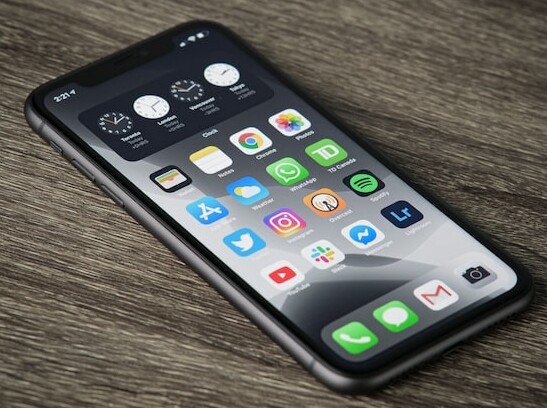Voice over Internet Protocol (VoIP) technology has revolutionized the way we communicate. Despite its widespread adoption, there are still several misconceptions surrounding VoIP that may prevent businesses and individuals from fully embracing its benefits. In this article, we aim to debunk some of the most common misconceptions about VoIP, shedding light on the truth behind this innovative communication technology.
Myth 1: VoIP is Unreliable
One prevalent misconception about VoIP is that it is unreliable and prone to dropped calls or poor call quality. However, the truth is that VoIP has come a long way since its early days. With advancements in technology and improvements in internet connectivity, VoIP systems now offer exceptional call quality and reliability.
While it’s true that VoIP calls are dependent on internet connectivity, modern networks have become more stable and robust. Additionally, Quality of Service (QoS) protocols prioritize voice traffic, ensuring that call quality remains consistently high, even during peak network usage. With a reliable internet connection, VoIP can deliver crystal-clear voice calls and even surpass the quality of traditional phone lines.
Myth 2: VoIP is Expensive
Another common misconception is that VoIP is costly, requiring significant investments in hardware and infrastructure. However, VoIP technology is generally more cost-effective compared to traditional phone systems.
VoIP eliminates the need for maintaining separate voice and data networks, resulting in reduced infrastructure costs. Additionally, making long-distance or international calls through VoIP is significantly cheaper, as it utilizes the internet instead of traditional phone lines.
Moreover, VoIP systems offer scalability, allowing businesses to easily add or remove phone lines as per their requirements. This flexibility eliminates the need for expensive hardware upgrades or installations, making VoIP a cost-efficient solution for businesses of all sizes.
Myth 3: VoIP Lacks Security
Security concerns often deter businesses and individuals from adopting VoIP technology. However, it’s important to note that modern VoIP systems employ robust security measures to protect communications.
VoIP providers utilize encryption protocols to safeguard voice data during transmission, making it difficult for unauthorized parties to intercept or tamper with the calls. Additionally, many VoIP systems offer advanced security features like secure signaling protocols, firewall traversal, and access control, further bolstering the overall security of the system.
By implementing best practices and keeping software up to date, VoIP users can mitigate security risks effectively.
Myth 4: VoIP Requires Technical Expertise
One of the misconceptions surrounding VoIP is that it demands technical expertise to set up and manage. Modern VoIP systems are designed to be user-friendly and straightforward, requiring minimal technical knowledge.
Most VoIP service providers offer intuitive web interfaces or mobile apps that allow users to configure and manage their phone systems with ease. These interfaces typically provide options to set up call routing, voicemail, call forwarding, and other essential features.
In cases where additional technical support is required, many VoIP service providers offer comprehensive customer support, ensuring that users receive assistance whenever needed.
Conclusion
VoIP technology continues to transform the way we communicate, offering numerous benefits over traditional phone systems. By debunking the common misconceptions surrounding VoIP, we can encourage more businesses and individuals to embrace this cost-effective and flexible communication solution.
VoIP has proven to be reliable, cost-effective, secure, and user-friendly, making it an ideal choice for businesses of all sizes. As technology continues to advance, VoIP is poised to play an increasingly vital role in our interconnected world, enabling seamless and efficient communication across the globe


